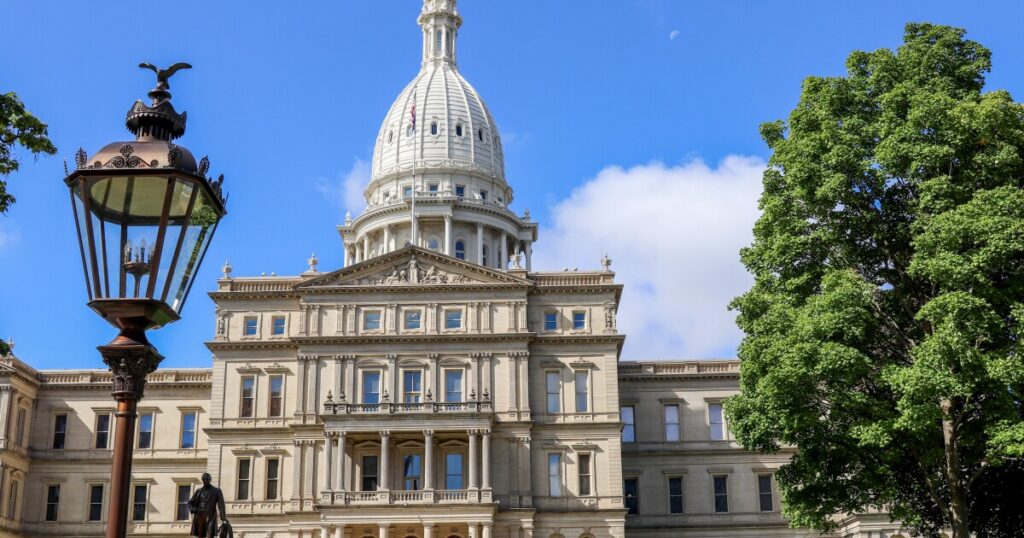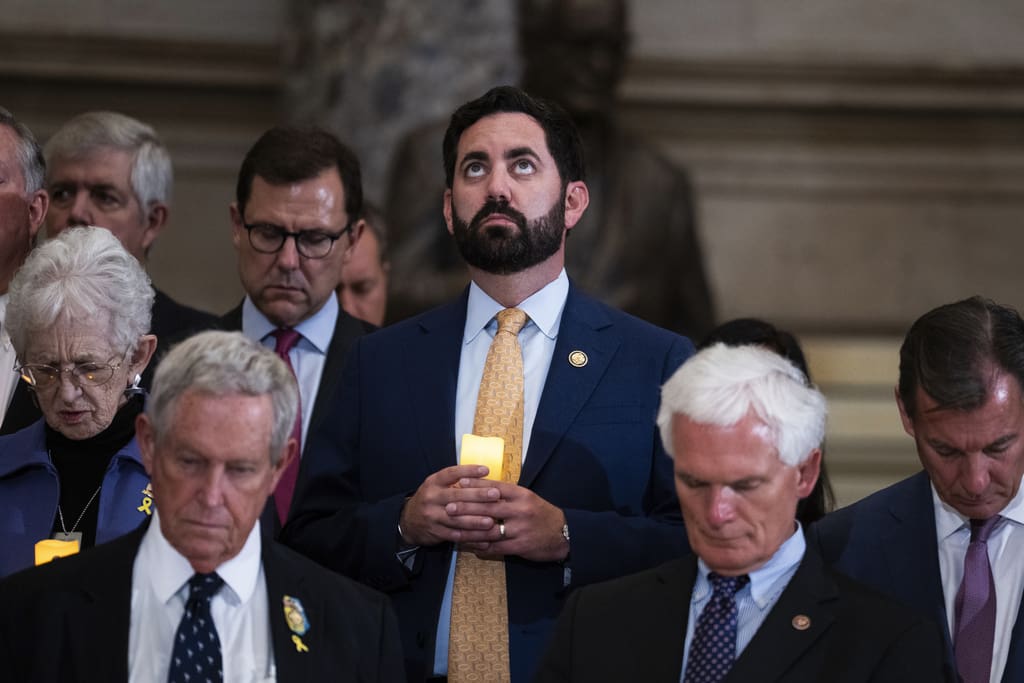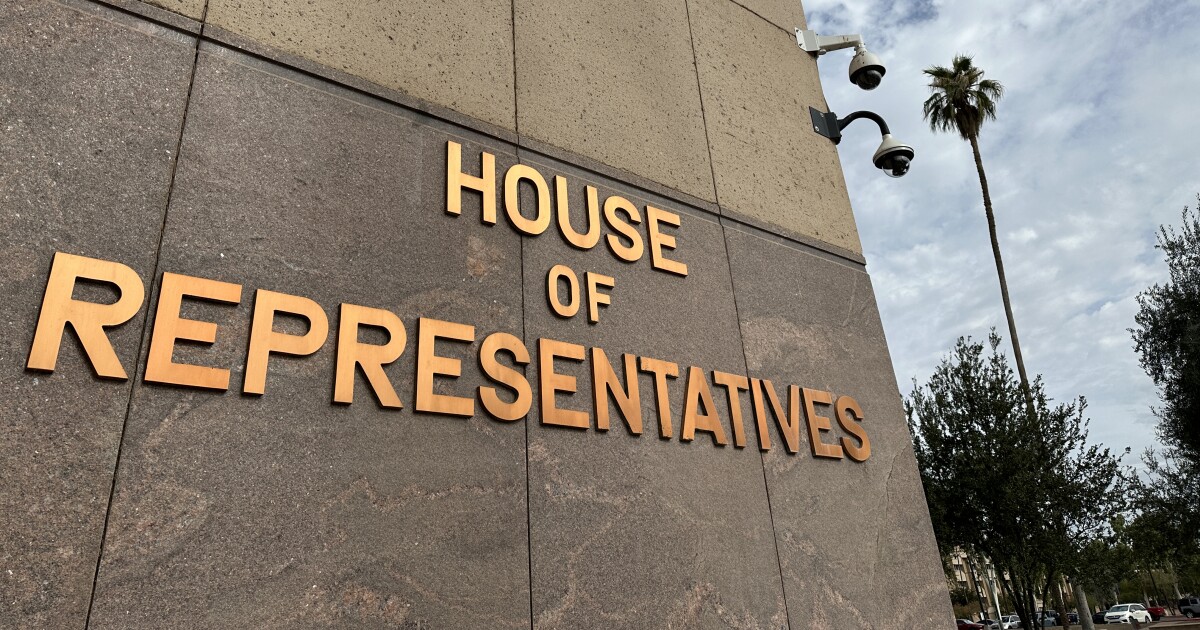In Michigan, the state government remains operational thanks to a temporary budget measure, but it sidesteps crucial funding for K-12 schools. These institutions, now three months into their fiscal year, are still in the dark about state funding levels.
According to Tina Kerr, who leads the Michigan Association of Superintendents and School Administrators, this delay has already impacted school districts negatively. A recent MASA survey revealed that at least 16% of districts have resorted to high-interest loans to keep operating. Kerr mentioned one district incurring over $70,000 in interest fees, funds that could otherwise enhance classroom resources. “That’s been kind of our biggest concern,” she explained, emphasizing the financial burden caused by the delayed budget.
Additionally, the survey highlighted that more than half of the 250+ districts surveyed might need to reduce extracurricular activities if state funding isn’t secured by October 1. Already, 54% of districts have left positions vacant due to budget uncertainty. Kerr expressed concern over this, stating, “That’s a big deal, that we had positions that they basically paused,” to avoid hiring staff they might later be unable to retain.
Moreover, 42% of districts reported they might have to halt universal free school lunches, a program funded by the state’s education budget for the past two years, due to insufficient funds. Despite this, Governor Gretchen Whitmer and State Superintendent Michael Rice have urged districts to continue providing free meals, assuring them that school meals will be included in the final budget.
This has led to frustration among educational leaders and groups, who feel pressured by the state’s directive despite missing two critical budget deadlines. The first, July 1, aligns with the start of the fiscal year for schools, while the second, October 1, marks the state’s fiscal year commencement. Robert McCann, director of the K-12 Alliance of Michigan, criticized this stance, stating, “Pressing schools to spend money when lawmakers have failed to deliver a budget for more than three months now continues to show a total lack of awareness about the chaos and uncertainty Lansing has created that has led to schools discontinuing services such as these.”
He further stressed, “Until there is an actual budget signed into law that includes funding for school meals, which lawmakers have yet to produce, districts cannot simply trust that the funding will be there when the budget is now more than three months overdue.”
—
Read More Michigan News










